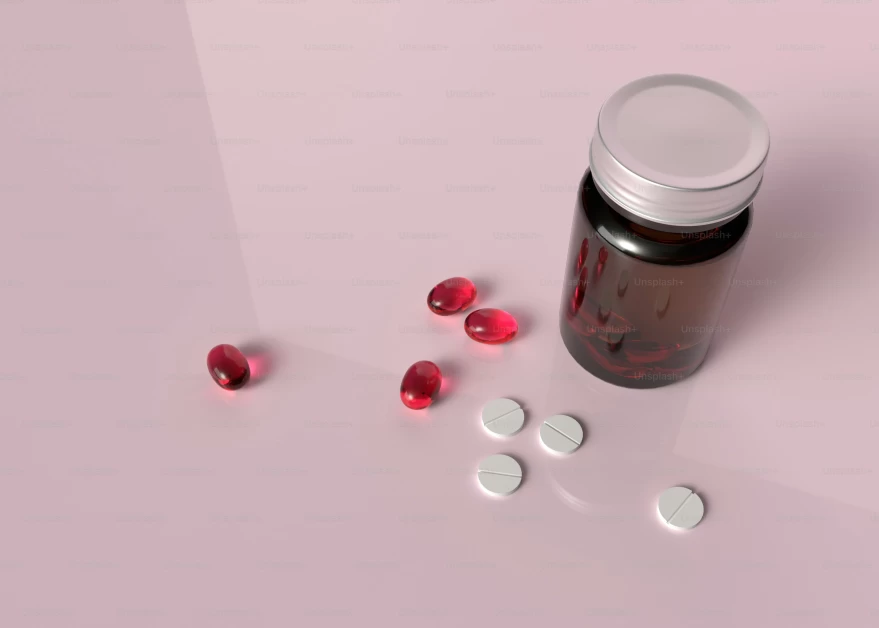Table of Contents
Introduction
Pneumonia is a serious respiratory infection that can cause inflammation and fluid buildup in the lungs. It can be caused by bacteria, viruses, or fungi, and it often requires medical treatment. While antibiotics are commonly used to treat pneumonia, there is growing interest in natural remedies that may help support respiratory health. One such remedy is Manuka honey.
Manuka honey is a type of honey that is native to New Zealand. It is produced by bees that feed on the nectar of the Manuka tree, which is known for its antibacterial and anti-inflammatory properties. Manuka honey has been used for centuries in traditional medicine, and it is now gaining recognition for its potential benefits in treating respiratory conditions like pneumonia.
In this article, we will explore the potential benefits of using Manuka honey for pneumonia and how to incorporate it into your treatment plan.
The Benefits of Manuka Honey for Pneumonia
Antibacterial Properties
One of the key benefits of Manuka honey is its antibacterial properties. It contains a compound called methylglyoxal (MGO), which is responsible for its antibacterial activity. MGO has been shown to be effective against a wide range of bacteria, including those that can cause respiratory infections like pneumonia.
When applied topically or ingested, Manuka honey can help inhibit the growth of bacteria in the respiratory tract, potentially reducing the severity and duration of pneumonia symptoms. It may also help prevent secondary infections and promote faster healing.
Anti-inflammatory Effects
In addition to its antibacterial properties, Manuka honey also has anti-inflammatory effects. Inflammation is a natural response to infection or injury, but excessive inflammation can contribute to the severity of respiratory infections like pneumonia.
Manuka honey contains antioxidants and other compounds that can help reduce inflammation in the respiratory tract. By reducing inflammation, Manuka honey may help alleviate symptoms such as coughing, wheezing, and difficulty breathing associated with pneumonia.
Immune System Support
The immune system plays a crucial role in fighting off infections, including pneumonia. Manuka honey contains vitamins, minerals, and antioxidants that can help support the immune system’s function.
By boosting the immune system, Manuka honey may help the body better fight off the bacteria or viruses causing pneumonia. It can also help reduce the risk of complications and promote faster recovery.
How to Use Manuka Honey for Pneumonia
Consuming Manuka Honey
One of the simplest ways to incorporate Manuka honey into your pneumonia treatment plan is by consuming it orally. Here are some tips on how to use Manuka honey for pneumonia:
-
Choose a high-quality Manuka honey with a high MGO content. Look for a rating of at least 10+ or higher, as this indicates a higher concentration of beneficial compounds.
-
Take one to two tablespoons of Manuka honey daily. You can consume it by itself or mix it with warm water, herbal tea, or lemon juice.
-
If you prefer a sweeter flavor, you can drizzle Manuka honey on toast, oatmeal, or yogurt.
-
Make sure to consume Manuka honey at least 30 minutes before or after meals to ensure proper absorption.
Topical Application
In addition to consuming Manuka honey orally, you can also apply it topically to help alleviate symptoms of pneumonia. Here’s how to use Manuka honey topically:
-
Mix one to two teaspoons of Manuka honey with a carrier oil, such as coconut oil or olive oil, to create a paste.
-
Gently massage the paste onto your chest and back, focusing on the areas where you feel the most discomfort or congestion.
-
Leave the paste on for 15 to 30 minutes, then rinse it off with warm water.
-
Repeat this process two to three times a day, or as needed, to help relieve symptoms.
Precautions and Considerations
While Manuka honey is generally safe for most people, there are a few precautions and considerations to keep in mind:
-
Allergies: If you have a known allergy to honey, bee stings, or pollen, it is best to avoid using Manuka honey.
-
Infants and young children: Children under the age of one should not consume honey, including Manuka honey, due to the risk of botulism.
-
Quality and sourcing: It is important to choose a reputable brand of Manuka honey to ensure its quality and authenticity. Look for products that have been independently tested for MGO content.
-
Consultation with a healthcare professional: If you have any underlying health conditions or are taking medications, it is always a good idea to consult with a healthcare professional before using Manuka honey for pneumonia or any other health condition.
Conclusion
Manuka honey has gained recognition for its potential benefits in supporting respiratory health, including in the treatment of pneumonia. Its antibacterial and anti-inflammatory properties, along with its immune system support, make it a promising natural remedy.
When using Manuka honey for pneumonia, it is important to choose a high-quality product, consume it orally, and consider topical application for symptom relief. However, it is essential to consult with a healthcare professional before incorporating Manuka honey into your treatment plan.
By combining the power of Manuka honey with appropriate medical care, you can support your body’s natural healing process and potentially reduce the severity and duration of pneumonia symptoms.


